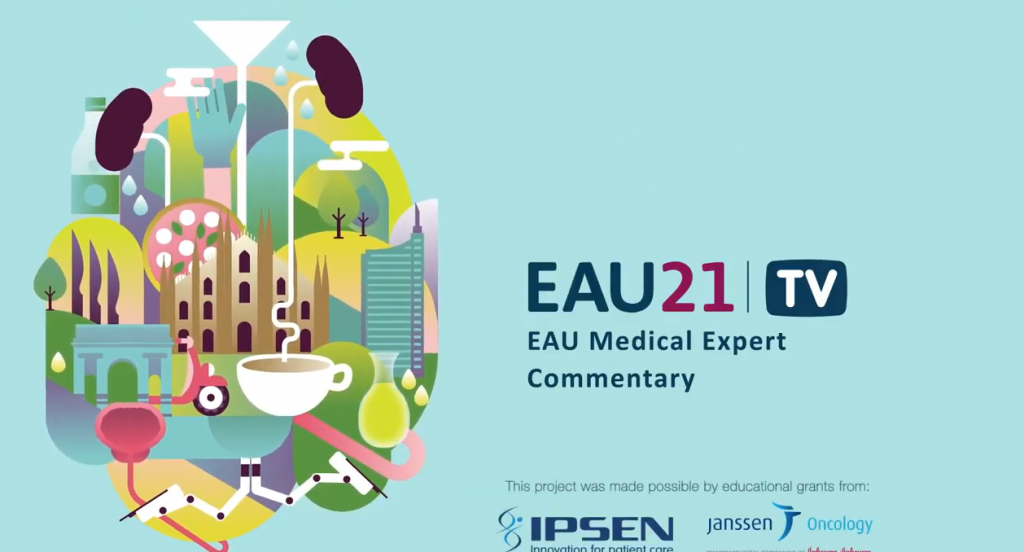"Over the last 5-10 years, the efficiency of the living donor evaluation process has garnered significantly more attention because of patient advocacy and the significant implications this can have on patient outcomes and health system costs," said coauthor Steven Habbous, who began the research while at Western University, in London, Ontario, and is currently at Ontario Health in Toronto.
"We and others have demonstrated that an inefficient evaluation process can lead to potential living donors becoming unable to donate, either because the donor candidate becomes frustrated with the process or because the intended recipient can no longer accept a kidney transplant," Habbous said by email.
Using a Delphi process, the researchers recruited 77 participants - including donors, donor candidates, transplant recipients, clinicians, and healthcare administrators - and had them complete a series of online surveys designed to identify points of consensus from participants from each of these stakeholder groups.
Ultimately, they identified 16 process indicators for assessing the efficiency of donor vetting programs. These included, for example, time from decision to donate until evaluation was completed; time from decision to start testing; time from first contact to recipient referral; time from initial crossmatch until results received by the donor candidate and by the living donor coordinators; and time from approval to operating room booking and donation.
In addition, the researchers identified eight outcome indicators for assessing the efficiency of donor evaluations, including, for example, total number of visits to transplant center; annual number of living donor kidney transplants; annual number of potential preemptive transplants lost; and annual number of deaths among intended recipients who didn't receive transplants.
The researchers also identified two indicators that they considered related to both outcomes and process: the average number of times a donor candidate visits a transplant center as part of their evaluation, and completion of a set of tests and consultations on the same visit to the transplant center.
Transplant programs should critically evaluate if their program is sufficiently fair, transparent, rigorous and efficient in evaluating living kidney donors, said Dr. Peter Reese, an associate professor of medicine and epidemiology at the University of Pennsylvania Perelman School of Medicine in Philadelphia.
"Living kidney donation is an act of exceptional generosity and courage, and these potential donors and their loved ones deserve red-carpet treatment and a process that is well-explained and executed efficiently," Dr. Reese, who wasn't involved in the study, said by email. "This study might help centers to examine how good a job their program is doing."
By Lisa Rapaport
SOURCE: https://bit.ly/3nvms3T Clinical Journal of the American Society of Nephrology, online October 7, 2020.
Posted on
Previous Article
« After heart attack, men and women face more-similar cardiovascular risks Next Article
MR-Linac-delivered adaptive radiation therapy promising in pancreatic cancer »
« After heart attack, men and women face more-similar cardiovascular risks Next Article
MR-Linac-delivered adaptive radiation therapy promising in pancreatic cancer »
Related Articles

August 31, 2021
EAU TV: The best on prostate cancer and incontinence & andrology
© 2024 Medicom Medical Publishers. All rights reserved. Terms and Conditions | Privacy Policy

